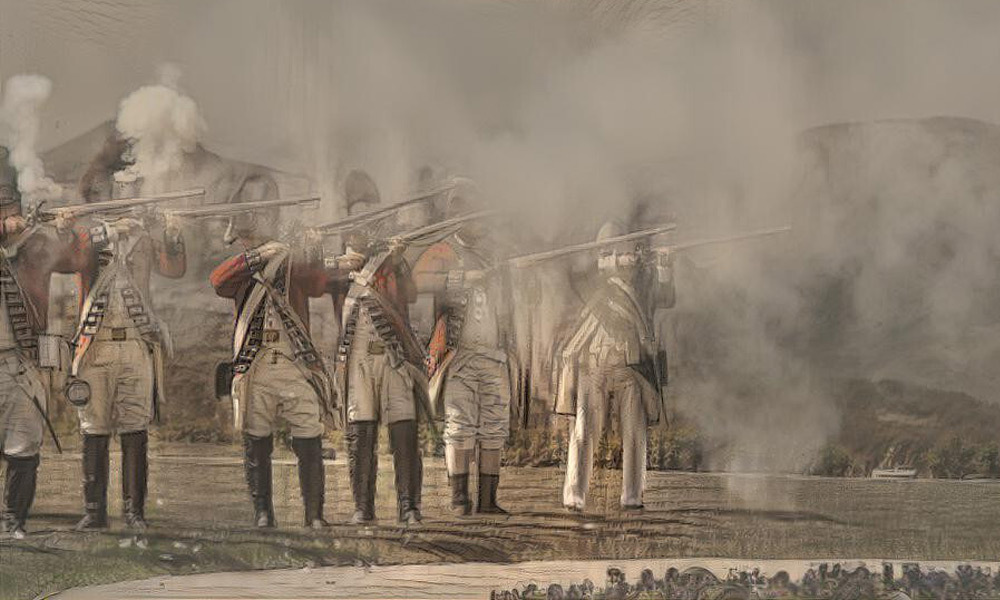The Herald of War
The late Habsburg’s throne was then left to the grandson of Louis XIV of France, Philip of Anjou, who would go on to become Philip V of Spain in 1700. This was, however, on the condition that Philip renounced his claim to the throne of France. Louis XIV chose to ignore this element, preferring French domination over both France and Spain – and wider Europe in the process – and thus the Grand Alliance was formed in response. The ensuing conflict was in essence the late king’s Austrian Habsburg and French Bourbon relatives vying for control, drawing in the rest of Europe (including Great Britain herself) and turning the mainland into a bloody arena for 13 years.
The precursor to the battle began when Louis XIV marched on Vienna, seeking to seize the Habsburg capital and thereby defeat the Holy Roman Emperor Leopold I and force a favourable truce. The ancient metropolis was under considerable peril: surrounded on all sides by the combined forces of Maximilian II Emanuel, Elector of Bavaria and Marshal Ferdinand de Marsin to the west, Marshal Louis Joseph de Bourbon, Duke of Vendôme to the south and Francis II Rákóczi’s Hungarian uprising to the east, The City of Dreams looked sure to fall.
The Advance on Vienna
The Duke managed to marshal his forces across 250 miles (400km) in a mere five weeks, an astounding feat given the terrain and constant danger. Marlborough then rounded upon the armies of Maximillian and Marsin, who delayed until Marshal Camille d’Hostun, Duke of Tallard arrived with reinforcements. The Allies were in turn boosted by the subsequent appearance of Prince Eugene of The Duke managed to marshal his forces across 250 miles (400km) in a mere five weeks, an astounding feat given the terrain and constant danger. Marlborough then rounded upon the armies of Maximillian and Marsin, who delayed until Marshal Camille d’Hostun, Duke of Tallard arrived with reinforcements. The Allies were in turn boosted by the subsequent appearance of Prince Eugene of Savoy, yet were still outnumbered: at the onset of battle, they stood at 52,000 men and 66 guns, whilst the Franco-Bavarian commanders boasted 56,000 and 90 artilleries.
The Battle and Aftermath
Despite the considerable disadvantage, it would be the Duke of Marlborough who carried the day. Through subtle disinformation, tactful manoeuvres, exceptional discipline and a relentlessness typified by their esteemed general, the French were routed beyond equivocation. As Maximilian II Emanuel himself put it upon seeing the Gens d’Armes pushed back by Colonel Francis Palmes’ men: “What? Is it possible? The gentlemen of France fleeing?”


Recent Comments